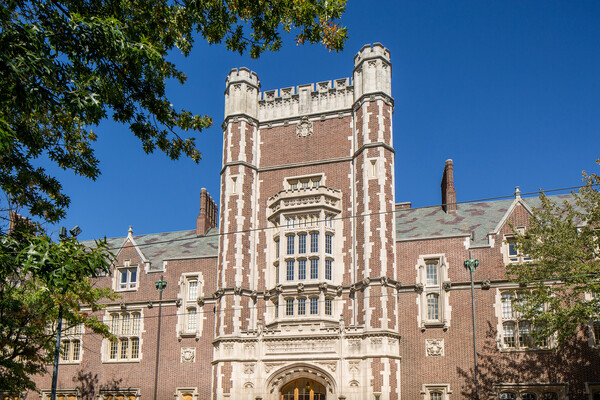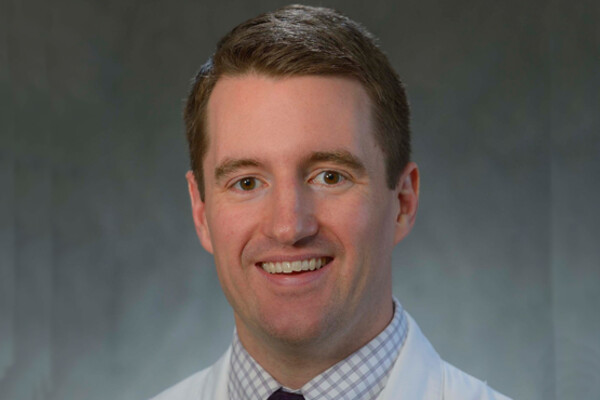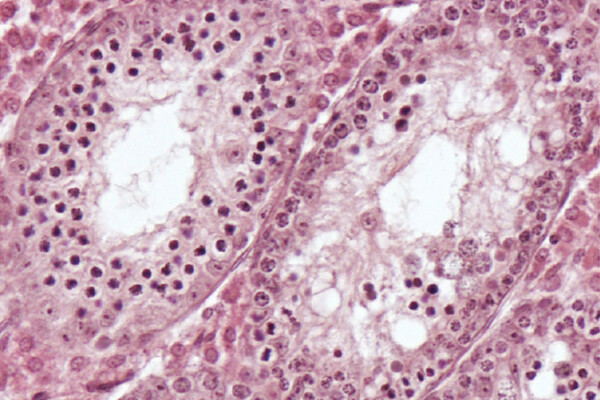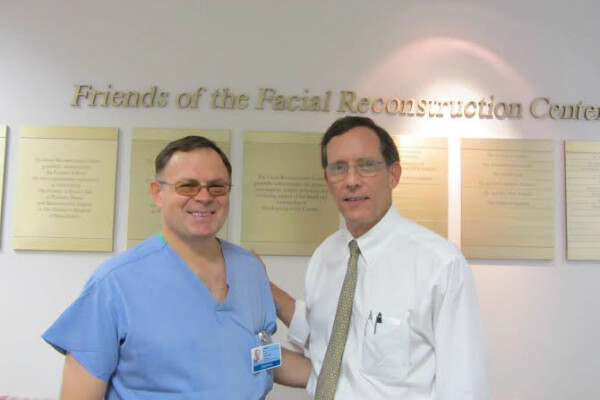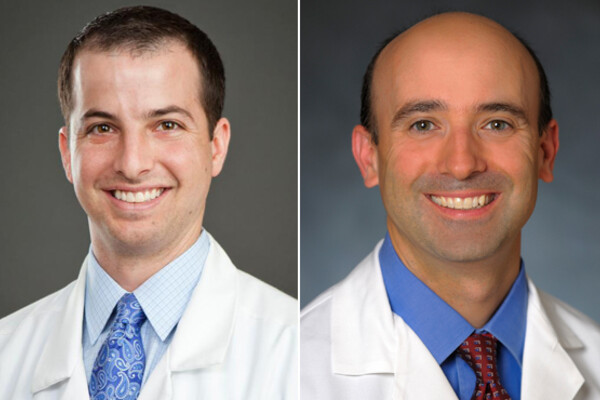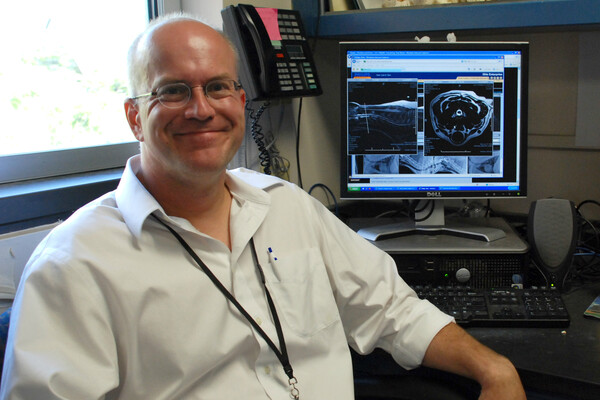5/18
Health Sciences
Penn Medicine Immunotherapy Pioneer Carl June, MD, Awarded 2015 Paul Ehrlich and Ludwig Darmstaedter Prize
University of Pennsylvania cancer and HIV expert Carl June, MD, has been named one of two recipients of the 2015 Paul Ehrlich and Ludwig Darmstaedter Prize for his outstanding work in cancer immunotherapy.
Two Penn Medicine Gene Therapy Researchers Receive Pennsylvania Bio Awards
Two researchers from the Perelman School of Medicine at the University of Pennsylvaniawill be honored for their contributions for the burgeoning field of gene therapy by Pennsylvania Bio at their annual dinner this week. Pennsylvania Bio is the statewide bioscience trade organization which works to make the Keystone State a life sciences hub by creating an environment which cultivates progress and success.
Penn Medicine Analysis Shows that One-Third of Americans Do Not Have Access to Stroke Center Within One Hour
Stroke is one of the leading causes of death and disability in the United States, but access to rapid EMS care and appropriate stroke care centers with the ability to deliver acute stroke therapies can drastically mitigate the debilitating effects of a stroke. A population-based approach to health planning would prevent disparities in access to specialized stroke care, says new Penn Medicine research.
Twitter Chatter Predicts Health Insurance Marketplace Enrollment, Penn Study Shows
An increase in Twitter sentiment (the positivity or negativity of tweets) is associated with an increase in state-level enrollment in the Affordable Care Act’s (ACA) health insurance marketplaces — a phenomenon that points to use of the social media platform as a real-time gauge of public opinion and provides a way for marketplaces to quickly identify enrollment changes and emerging issues.
Penn Medicine: Gorilla Origins of the Last Two AIDS Virus Lineages Confirmed
Two of the four known groups of human AIDS viruses (HIV-1 groups O and P) have originated in western lowland gorillas, according to an international team of scientists from the Perelman School of Medicine at the University of Pennsylvania, the University of Montpellier, the University of Edinburgh, and others.
Penn Scientists Describe the Function of an Enzyme Critical to Male Fertility
Researchers are one step closer to unraveling the extraordinarily complex series of processes that lead to an event crucial to human reproduction: the creation of sperm.
Penn Surgeon Makes Life-saving Donation to Ukrainian Children’s Hospital
By Madeleine Stone @themadstone
Prescription Drug-Induced Liver Failure is Uncommon; Over-the-Counter Medications and Dietary/Herbal Supplements are Most Common Causes, Penn Study Finds
Drug-induced acute liver failure is uncommon, and over-the-counter medications and dietary and herbal supplements -- not prescription drugs -- are its most common causes, according to new research from the Perelman School of Medicine at the University of Pennsylvania. The findings are published in the current issue of Gastroenterology.
Successful Cognitive Behavioral Therapy in Youth Leads to Decreased Thinking about Suicide, Penn Medicine Study Finds
Penn Medicine researchers found that patients who did not respond to cognitive behavioral therapy (CBT) for anxiety in childhood had more chronic and enduring patterns of suicidal ideation at 7 to 19 years after treatment. This study adds to the literature that suggests that successful CBT for childhood anxiety confers long-term benefits. The complete study is available in the Journal of the American Academy of Child & Adolescent Psychiatry.
Penn Vet Researchers Identify Effective Treatment for Niemann Pick Type C
Niemann Pick Disease type C, or NPC, is a disease most people have never heard of, affecting just one person in 150,000. Yet the disease is a devastating one. Frequently diagnosed in children in their elementary school years, sufferers usually die by the time they’re 20.
In the News
What’s going on with tranq?
Jeanmarie Perron of the Perelman School of Medicine says that the appearance and progression of skin ulcers and tissue loss on xylazine users is different than with other intravenous drugs.
FULL STORY →
It’s time to end the Medicare-Medicaid merry-go-round
In an opinion essay, Rachel M. Werner of the Leonard Davis Institute, Wharton School, and Perelman School of Medicine says that Medicare and Medicaid fail to integrate coverage and coordinate care across their two plans.
FULL STORY →
The quest for treatments to keep weight off after Ozempic
Researchers at Penn are conducting a co-authored study of the brains, fat and muscle cells, and eating patterns of people trying to maintain new body sizes.
FULL STORY →
Inside Penn’s transfer center
Penn Medicine’s transfer command center gets patients from affiliated hospitals and hospitals outside Philadelphia to specialized care that can save lives, with comments from CEO Kevin Mahoney.
FULL STORY →
Operating rooms are major sources of greenhouse gasses. Penn is eliminating a form of anesthesia that hangs in the air for more than a decade after use
Penn Medicine is phasing out the anesthesia desflurane at four of its six hospitals to eliminate harmful greenhouse gases, with remarks from Greg Evans.
FULL STORY →




